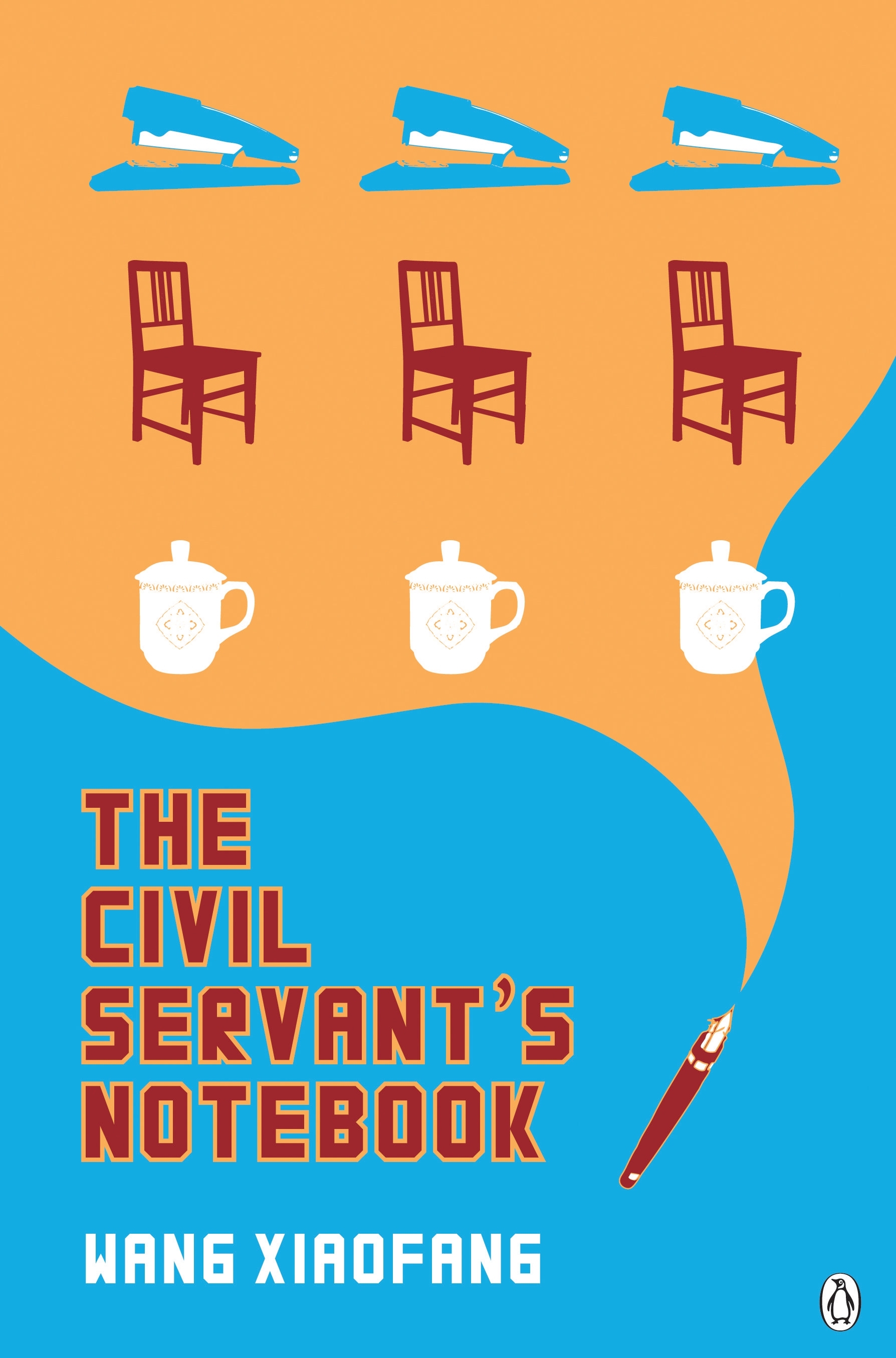As part of the
inaugural Cooler Lumper arts festival, intended to become annual, Kuala Lumpur
this weekend hosts #Word, an event committed to encouraging reading, nurturing
an appreciation of language, and improving literacy skills in Malaysia.
#Word will host a series of lectures, panel discussions, creative
writing workshops, and readings from Malaysian authors, and from international authors
from the UK, and from right across Asia.
Asian authors attending
include Lourd Ernest H. de Veyra, an award winning poet and novelist from the
Philippines, Di Li, a Vietnamese novelist best know for the mystery-horror
novel Red Flower Farm,
and Wipas Srithong, from Thailand, whose first novel The
Dwarf won the South East Asian Write Award, 2012.
Dr Ma Thida, the Burmese human rights activist and
campaigner, is also attending. Her
first novel, The Sunflower, was banned in Burma. Her
documentary-novel The Roadmap, published under the pen name
Suragamika (the brave traveler) received the Norwegian Freedom of Speech Award
in 2011.
#Word
incorporates the only South East Asian segment of the Edinburgh
World Writers’ Conference (EWWC), a series of events in cities across the
globe, giving writers in different countries the chance to discuss literature
and its relationship to contemporary life. The Edinburgh International Book
Festival and the British Council jointly present the EWWC.
The Edinburgh International Book Festival is really
something else. Every August the organizers invite hundreds of writers from
across the world to Scotland, to mingle with each other, and with vast crowds
of readers. Why have they branched out to form the EWWC? Nick Barley, Festival
director, said: “Writers have a role to play in stimulating our imaginative
health and thereby engendering mutual respect amongst individuals and nations.
The EWWC represents an opportunity for all of us to rethink how writers, and
their writing, can play a part in understanding and improving our world. The
EWWC is a worldwide discussion, and we look forward to seeing how the debate
will continue in Kuala Lumpur.”
Meanwhile, the British Council promotes UK writers,
poets, and publishers to readers around the world, hence its involvement, and
that of UK-based authors. Grey
Yeoh, from the British Council Malaysia said: “We are proud to be hosting the
South East Asian leg of the EWWC in Kuala Lumpur. We want to continue to
contribute to the growth of the community here, and hope that this festival
will leave a permanent mark on the literature scene in Malaysia.”
The EWWC hosts three panels at #Word. Should
Literature Be Political? will discuss whether the political and the aesthetic
are separable in literature, and if so, whether literature should be political
or should be enjoyed only for its aesthetic value? Censorship Today will
consider the impact of censorship on writers and writing in Malaysia and around
the world. A National Literature will
ask whether, in a globalised world, national literature is
still a relevant concept? Malaysian National Laureate A. Samad Said will be one
of the panelists.
Of other events at #Word, the workshop for novelists
led by Benjamin Markovits will surely be popular. Markovits, a senior lecturer
in creative writing at the University of London, is hailed in the UK as one of
its best young novelists. His
workshop will explore the tricky questions what is your novel about? and why
are you writing it?
#Word, runs from 21st to 23rd
June, at Publika, a shopping mall in KL.
For the programme, ticketing information etc, see
www.coolerlumpur.com/word . All events will be in
English. The EWWC panels will be streamed live on the internet.





